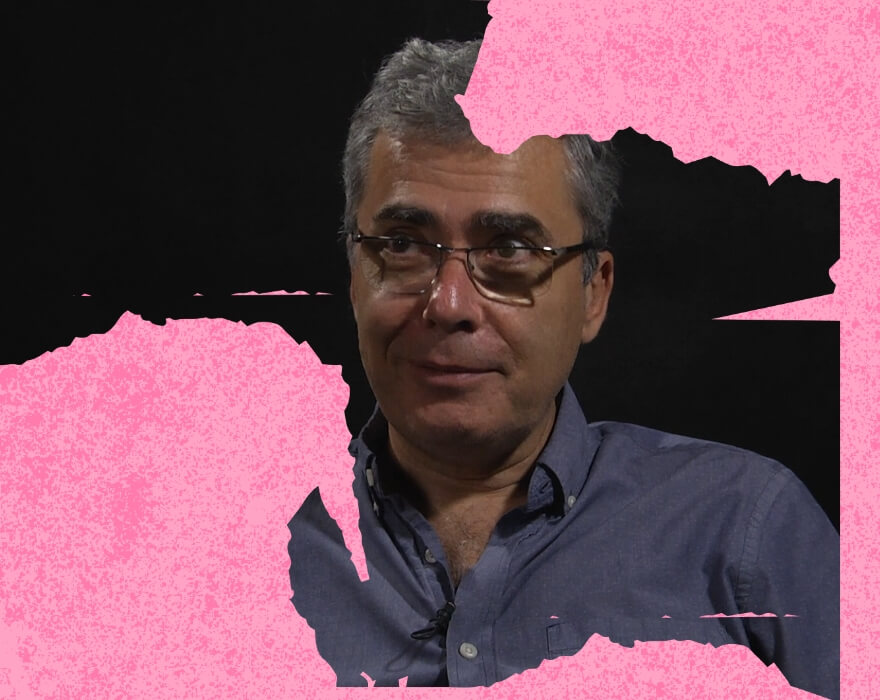Geralda Soares
Araçuaí/MG, 1942
Pedagogue
Interview granted in 2007
Geralda Chaves Soares is a pedagogue and was born in Santana do Araçuaí/MG on December 31, 1942. Together with the Missionary Council for Indigenous People (CIMI), she worked for decades helping the Maxakali and Krenak indigenous peoples, in southeastern Brazil, victims of the environmental destruction. During the dictatorship, she witnessed the harmful effects of the creation of programs that, under the pretext of maintaining order, fought off the opposition coming from the original peoples regarding the authoritarian policies.
Transcription:
At Cedefes I learned something else, I liked to make documentation, to write, to report. One fine day, a crowd like this arrived, it was a huge group of Indians who were passing through, the Maxakali, a nomadic people, sedentary because they are forced to live in that place. The men all with bows and arrows, the women with the children and they arrived, there must have been about 15 people in our house. Until then, we didn’t know what motivated that approach, because they were Indians from an area on the border with Bahia, they practically didn’t speak Portuguese, just two of them could speak Portuguese.
And then I started to hear the story of the Maxakali right here: where they lived, where the villages were, how they were expelled from here, how they got there. In the 80’s they called us “the Portuguese”, “the Portuguese out there”, that’s how it was. There was an old Indian who called the government “Big Papa”, which was the vision of Rondon, Marechal Rondon and so.
During the dictatorship, many Maxakali and other people were taken to Belo Horizonte to work as police officers, they founded the Rural Indigenous Guard, but what for? To curb the use of drugs and drinks in the villages, but in fact they learned to torture, exactly as it was in the cellars of the dictatorship. And when we arrived and the fight for land started, we realized that these people were the ones who spoke the best and were the people who hated the police, so many of them became leaders in the fight for their lands.
During the dictatorship they created an Indigenous Reeducation Center, there in Krenak. So every Indian who fought for land somewhere was taken away and put there, there was the police, there was this Indigenous Rural Guard, and there was punishment, it was solitary confinement, there was everything. So the owners of the land were expelled and sent out, chained, there was an Indian who lost his mind, you know, like Joaquim Grande. So it’s a lot of violence. And it ended up with the land in the hands of those who shouldn’t have it.

